Building strong preventive medicine and grassroots health care
As a physician, Professor, Doctor, Doctor Ta Van Tram, Director of Tien Giang General Hospital, Principal of the School of Medicine and Pharmacy (under Tra Vinh University) said that in the past term, our country's healthcare has achieved many important results such as: Good control of epidemics, mastering many modern techniques, implementing a health insurance examination and treatment line to bring satisfaction to the people. The private healthcare sector has developed; the health insurance coverage rate has increased from 90.9% in 2020 to 95.2% in 2025; average life expectancy is 74.8 years, the number of healthy years is about 67 years. This result reflects the effectiveness of the efforts of the entire system.
However, frankly, health services still have many limitations, especially in primary health care and preventive medicine; regional disparities increase pressure on equitable access; epidemiological transformation towards chronic diseases, population aging and the risk of emerging epidemics require more resilient and flexible response capacity. At the same time, Vietnam is facing a golden opportunity of digital transformation and science and technology such as: Completing medical databases, operating electronic medical records, electronic health books according to the life cycle and building a national health database - a foundation for innovating care models, cost management and real-time quality control.
“Looking from the reality of a provincial hospital in the Mekong Delta, I see that the most prominent “bottleneck” is that the grassroots level does not have enough capacity to keep patients early and from a distance. Many cases can be detected and treated at the commune level but are pushed to the provincial level, increasing overload, costs and medical risks. Therefore, if we do not put grassroots preventive medicine in the right fundamental position and invest according to the “value-based model”, it will be difficult for us to achieve sustainable breakthroughs,” Professor, Doctor, Doctor Ta Van Tram shared.
According to Mr. Ta Van Tram, the core goals that need to be institutionalized in the documents and action programs of the Government for the next term include: By 2026, the health insurance coverage rate will reach over 95% and by 2030, it will reach universal coverage. From 2026, people will receive periodic health check-ups or free screening at least once a year, and will have an electronic health book created for life-cycle management; by 2030, hospital fees will be exempted at the basic level within the scope of health insurance benefits according to the roadmap; at the same time, ensuring that 100% of commune health stations meet standards in terms of facilities, equipment, and human resources and increasing the rate of health insurance examination and treatment at the stations to over 20%.
Regarding the 2045 vision, Vietnam aims for a quality living environment, a modern - fair - effective - sustainable healthcare system, prioritizing disease prevention; an average life expectancy of over 80 years, and a healthy life expectancy of over 71 years. These are indicators that spread socio-economic benefits and quality of life. The above milestones are meaningful in shaping the "basic health benefits package" for all citizens such as: proactive prevention, early detection, timely access to treatment and protection from health financial risks - the foundation of equity and universal health coverage.
Based on the reality and characteristics of the Mekong Delta river region, Professor, Doctor, Doctor Ta Van Tram proposed the model of "Digital health station - Lifecycle health management" for commune clusters. Specifically: connecting HIS (hospital information system) with health insurance, using electronic health books as the core of chronic disease management for families; strengthening mobile teams for periodic examinations - free screening in river and canal areas; indicators are publicly monitored on a digital platform, attaching responsibility to the head. Clusters of stations and regional health centers have the task of both disease prevention and basic medical examination and treatment, helping people quickly access essential services, in line with the direction of "keeping diseases in the community". This solution is consistent with the policy of perfecting data - electronic records and interconnection standards stated in the resolutions.
To ensure human resources to implement the above model, the province organizes a "family doctor alliance" at the commune level, combining the rotation of doctors from provincial hospitals to stations, has a policy of public housing, seniority allowances at the base along with a continuous training mechanism with credits, prioritizing expertise in family medicine, preventive medicine, quality management, etc.
Professor, PhD, physician Ta Van Tram emphasized: Healthcare is the "blood vessel" that nourishes the health - intelligence - labor capacity of the nation. If we do not quickly and decisively shift to a proactive prevention model with strong facilities, we will continue to pay the price with overloaded hospital beds, catastrophic medical costs and missed golden opportunities. On the contrary, if this document clearly affirms the milestones of transition from free periodic check-ups, electronic health books, free basic hospital fees to rotating doctors to stations and pharmaceutical industrial parks by 2030, I believe that a humane, fair, effective and sustainable healthcare ecosystem will become a reality in the next decade.
Identifying breakthroughs in educational reform
Mr. Nguyen Van Giap (a veteran revolutionary cadre in My Tho ward, Dong Thap province) said that through studying the draft Political Report of the 13th Party Central Committee presented at the 14th National Congress of the Party, it can be seen that our country's education in the past term as well as in previous terms has achieved great achievements. With the view that investing in education is investing in development, the Party and State pay great attention to the field of education and this is the root.
The draft Political Report of the 13th Party Central Committee presented at the 14th Party Congress stated: The fundamental and comprehensive innovation of education and training has achieved a number of important results. The content and methods of education and training have been innovated; the quality of education and training at all levels has been improved. International cooperation in education and training continues to be expanded; in particular, tuition fees have been exempted and supported for preschool children, high school students, and students of general education programs in the national education system; at the same time, the policy of investing in the construction of inter-level boarding schools in land border communes has been implemented.
Agreeing with the above comment, Mr. Nguyen Van Giap said that the draft document's content of education assessment is very concise but complete and accurate. In recent times, our country's achievements in the field of education are not only domestic but also outstanding internationally. Many Vietnamese students have won high awards in international competitions, especially in Mathematics. In addition, facilities and schools nationwide have been invested in synchronously and spaciously, many schools have met national standards.
According to Mr. Nguyen Van Giap, our country has been reforming education for a long time. However, the matter of concern is that the Ministry of Education and Training has not clearly chosen a breakthrough to serve the educational reform.
In addition, Mr. Nguyen Van Giap is concerned about the current textbook issue. He proposed that there should be a set of quality and stable textbooks to meet the needs of teaching and learning in the current context. In addition to textbooks, the spirit of the teacher and the quality of teaching should also be given due attention. Teaching must focus on teaching students about being human and morality; at the same time, strictly manage extra teaching and learning.
“Currently, the Party and State advocate building schools in border areas. This is a major decision to create conditions for learning and comprehensive development for students in border areas. I think that, from the beginning, the Party has paid attention to the education of people in remote areas. Because these are the places that have suffered from the war against French colonialism and American imperialism until now,” Mr. Nguyen Van Giap shared.
Source: https://baotintuc.vn/thoi-su/gop-y-du-thao-van-kien-dai-hoi-xiv-cua-dang-dinh-hinh-goi-quyen-loi-suc-khoe-co-ban-cho-moi-cong-dan-20251106123002212.htm






![[Photo] Closing of the 14th Conference of the 13th Party Central Committee](https://vphoto.vietnam.vn/thumb/1200x675/vietnam/resource/IMAGE/2025/11/06/1762404919012_a1-bnd-5975-5183-jpg.webp)


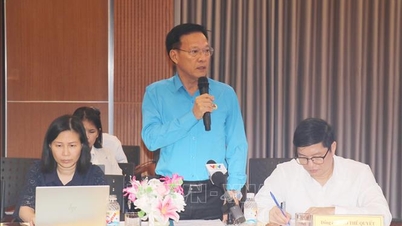
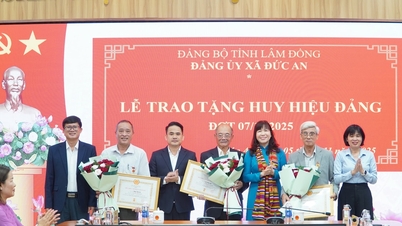

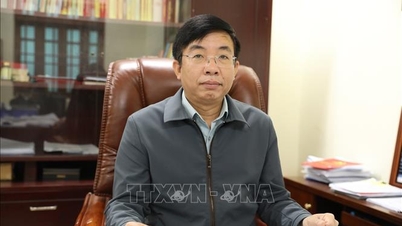
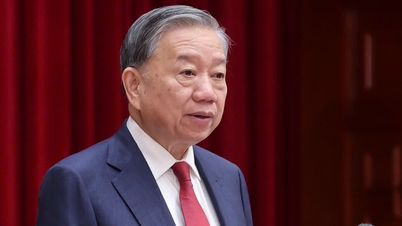

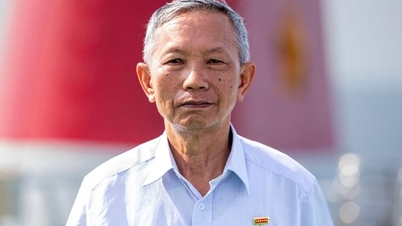

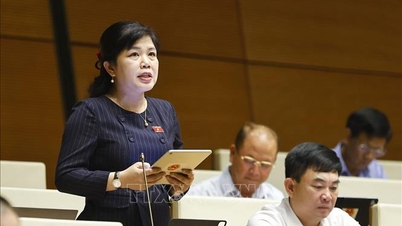


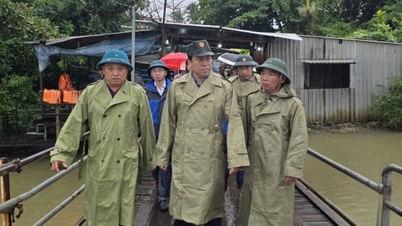

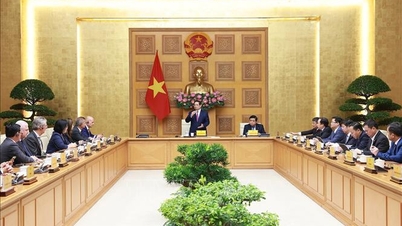





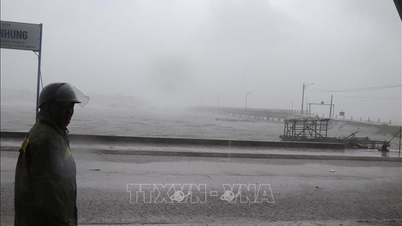
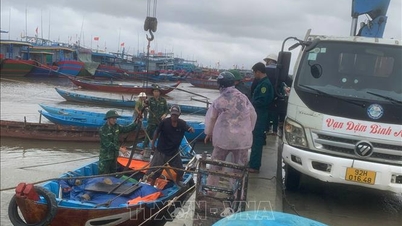
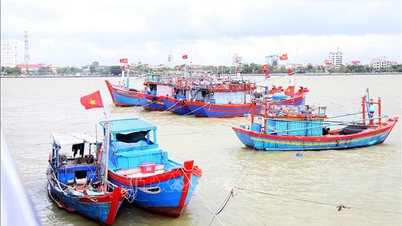

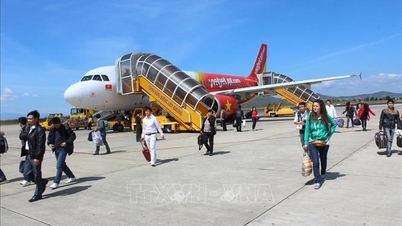









































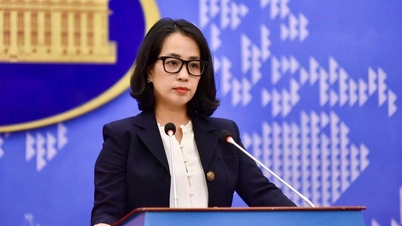
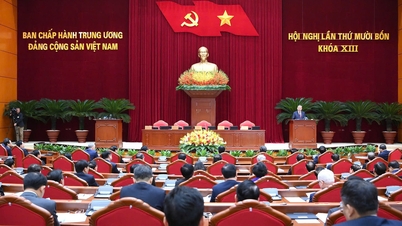

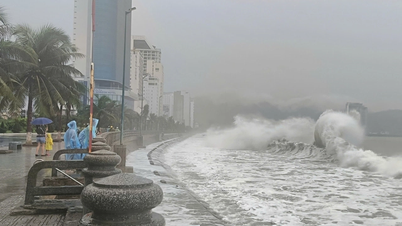
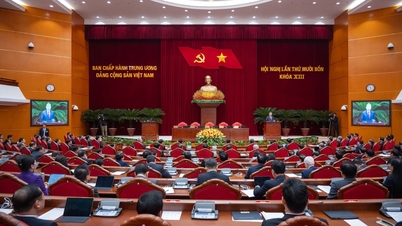







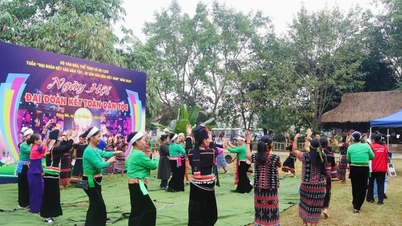
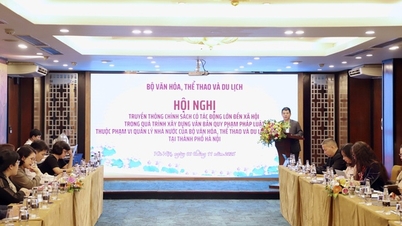
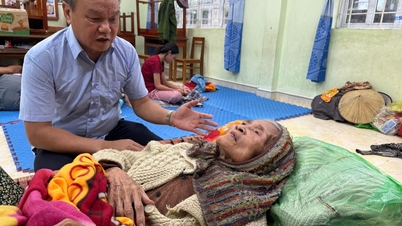



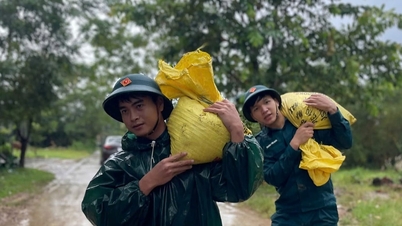

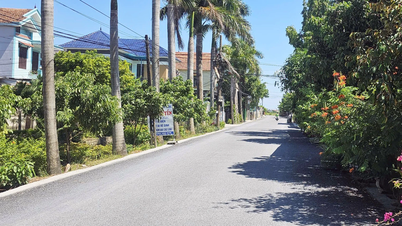



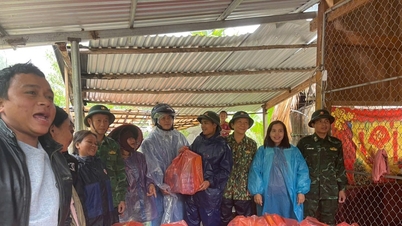













Comment (0)